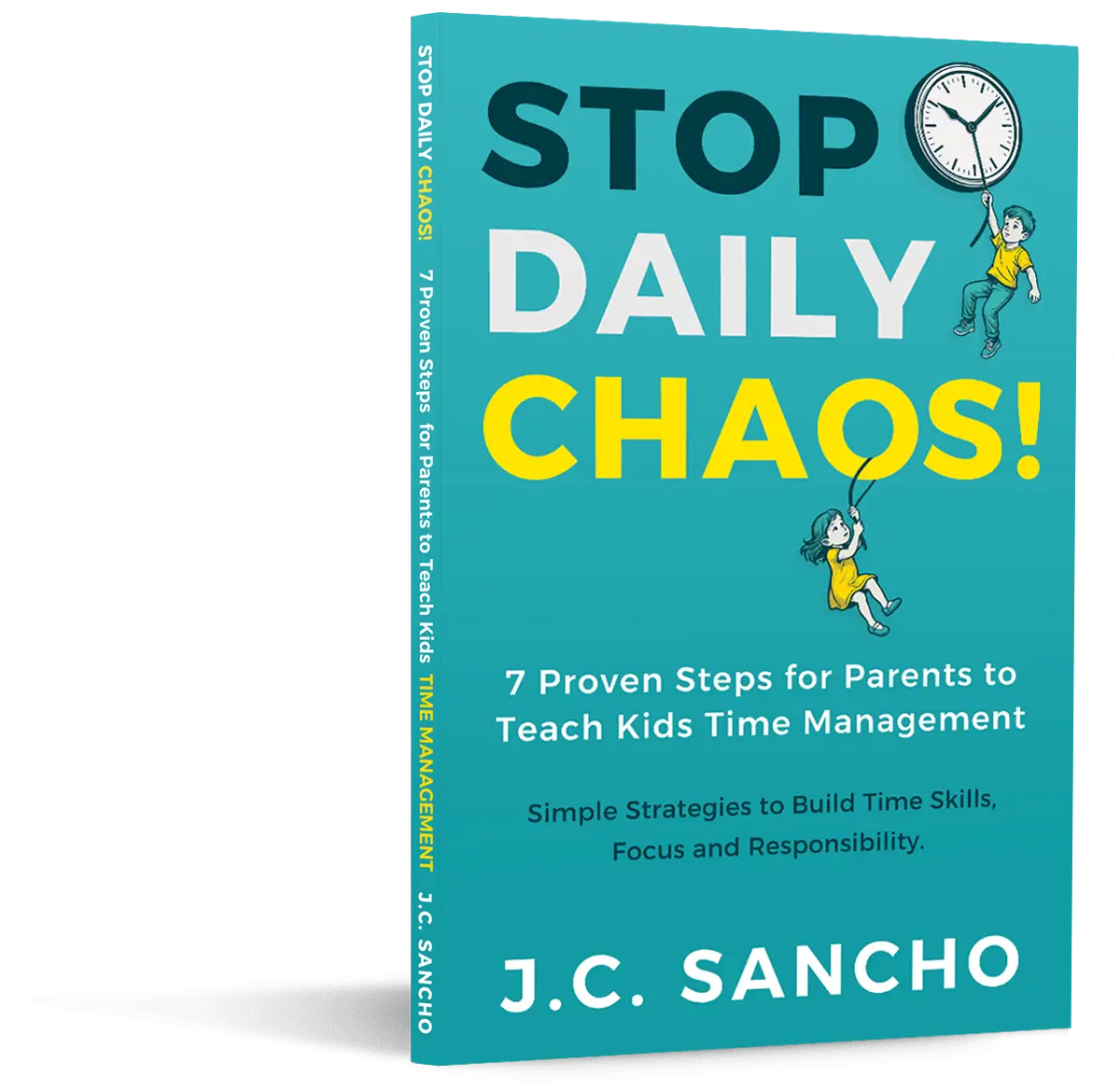Untangling the Challenges of Kids Multitasking: Attention and Productivity at Play
As a grown-up, you likely juggle multiple tasks daily. Cooking dinner while checking your emails, or perhaps discussing work matters over the phone as you drive to school for pick up. This balancing act is part of everyday life for adults, but how does it impact our children? Striking a balance between kids multitasking, attention, and productivity can be quite challenging.
Studies often warn against multitasking due to its potential detrimental effects on performance and mental health in adults. Little attention has been paid to how these findings relate to children. So, why do kids struggle with multitasking? And more importantly, how can we support them in managing their tasks without sacrificing their attention or productivity?
The Science Behind Kids Multitasking: Understanding Attention and Productivity
Children’s brains are wired differently from adults’. The prefrontal cortex, responsible for executive functions such as planning, decision making and attention management, continues developing well into early adulthood. Therefore, expecting kids to manage multiple tasks with the same efficiency as adults may not be realistic.
When children attempt to multitask, they tend to switch their focus rapidly from one task to another rather than performing them simultaneously. This rapid “task-switching” might lead to errors and reduce overall productivity.
This happens because every time they switch tasks, there is a “restart cost.” Essentially their brain needs time to get back on track each time they shift focus. This process can drain mental resources leading to fatigue and reduced performance.
Attention is a limited resource. When spread thin across several tasks, it significantly erodes the quality of engagement in any single task. Thus children’s ability to learn or perform effectively can be compromised when multitasking.
The Impact of Multitasking on Children
As children grow and their responsibilities increase, they encounter situations which demand juggling tasks. Be it homework while watching TV, or texting friends during dinner, digital distractions are a significant part of their lives.
This constant task-switching and divided attention might result in lower academic performance, increased stress levels, and even emotional problems such as anxiety and depression over time. It can also lead to a lack of depth in learning, as the brain struggles to process information effectively when attention is fragmented.
The habit of multitasking can erode important life skills like patience and focus. In an age of instant gratification where entertainment is a click away, it’s more important than ever to encourage kids to engage deeply and thoughtfully with one task at a time.
Understanding these implications is the first step towards helping children manage their multitasking tendencies better. But how exactly can we do that?
Guiding Children Through The Maze: How to Improve Kids Multitasking, Attention, and Productivity
Acknowledging that children have different cognitive capabilities than adults is important. Effective guidance starts from adjusting our expectations about what they can handle simultaneously.
We need to teach them that focusing on one task at a time does not signify a lack of capability but rather enhances productivity. Taking the time needed for each task can help ensure its completion with accuracy and diligence. And while there may be instances where some level of multitasking is necessary or even beneficial, it’s important that kids learn to prioritize tasks based on their importance and urgency.
Managing distractions is another critical skill for kids to learn. Encourage them to turn off unnecessary notifications and create distraction-free study spaces. They must understand the value of focused attention and how it contributes to effective learning and productivity.
Scheduling regular breaks can also be beneficial. Breaks can act as a “reset button”, allowing children to take a breather, refresh their minds, and reduce mental fatigue. This approach can boost their productivity when they return to their tasks.
Applying Patience to the Process
Teaching children about time management, focus, and the pitfalls of multitasking is not an overnight task. It’s a gradual process that requires patience and persistence from both you and your child.
Start small. Maybe with simple activities like reading a book or completing a puzzle without any distractions. Then gradually introduce them to situations where they need to balance two tasks, guiding them on how to handle it effectively.
Mistakes are part of the learning process. If your child falters, instead of reprimanding them, use it as an opportunity to identify what went wrong and how they could do better next time. Encourage them by acknowledging their efforts and improvements over time.
Be supportive. Just like us, kids face pressures in their everyday life too. By providing them with the right guidance and tools, we can help them navigate through these pressures effectively while enhancing their capabilities for attention and productivity.
The Reflective Pathway
In our fast-paced world where multitasking appears as the norm rather than exception, teaching our children the value of focused attention might seem like swimming against the current. But as daunting as it may be, it’s an essential part of helping children develop into thoughtful adults who can concentrate effectively and produce high-quality work.
This does not mean we demonize multitasking entirely. Instead, we let children understand its implications. We guide them on how to balance their tasks effectively, manage their distractions, and pay focused attention to every task they undertake.
Nurturing these skills in children is a long-term investment. It may require patience, persistence, and lots of trial-and-error. But the returns—improved productivity, better learning outcomes, and enhanced emotional well-being—are certainly worth it.
As we strive to teach our children about the merits of focused attention over multitasking, let’s not forget to practice it ourselves. After all, our actions often speak louder than our words.



